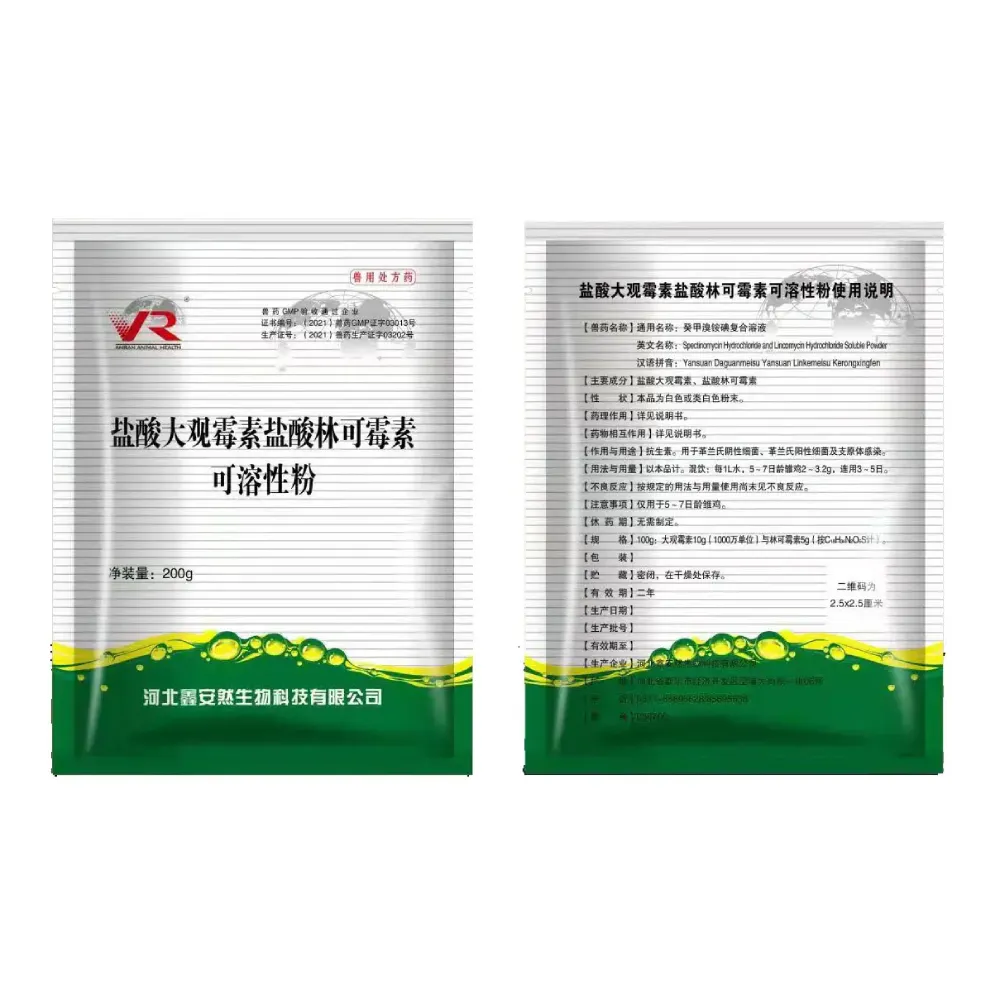- Afrikaans
- Albanian
- Amharic
- Arabic
- Armenian
- Azerbaijani
- Basque
- Belarusian
- Bengali
- Bosnian
- Bulgarian
- Catalan
- Cebuano
- Corsican
- Croatian
- Czech
- Danish
- Dutch
- English
- Esperanto
- Estonian
- Finnish
- French
- Frisian
- Galician
- Georgian
- German
- Greek
- Gujarati
- Haitian Creole
- hausa
- hawaiian
- Hebrew
- Hindi
- Miao
- Hungarian
- Icelandic
- igbo
- Indonesian
- irish
- Italian
- Japanese
- Javanese
- Kannada
- kazakh
- Khmer
- Rwandese
- Korean
- Kurdish
- Kyrgyz
- Lao
- Latin
- Latvian
- Lithuanian
- Luxembourgish
- Macedonian
- Malgashi
- Malay
- Malayalam
- Maltese
- Maori
- Marathi
- Mongolian
- Myanmar
- Nepali
- Norwegian
- Norwegian
- Occitan
- Pashto
- Persian
- Polish
- Portuguese
- Punjabi
- Romanian
- Russian
- Samoan
- Scottish Gaelic
- Serbian
- Sesotho
- Shona
- Sindhi
- Sinhala
- Slovak
- Slovenian
- Somali
- Spanish
- Sundanese
- Swahili
- Swedish
- Tagalog
- Tajik
- Tamil
- Tatar
- Telugu
- Thai
- Turkish
- Turkmen
- Ukrainian
- Urdu
- Uighur
- Uzbek
- Vietnamese
- Welsh
- Bantu
- Yiddish
- Yoruba
- Zulu
Dec . 29, 2024 23:40 Back to list
how to take vitamins for best absorption
How to Take Vitamins for Optimal Absorption
Vitamins are essential nutrients that our bodies require to function optimally. However, merely taking them isn't enough; understanding how to take vitamins can significantly enhance their absorption. Here are several tips to help you maximize the potential benefits of your vitamin intake.
1. Understand the Types of Vitamins
Vitamins are categorized into two main groups fat-soluble and water-soluble. Fat-soluble vitamins (A, D, E, and K) are best absorbed when taken with dietary fats, while water-soluble vitamins (C and B-complex) are generally absorbed more effectively in an aqueous environment. Recognizing these differences can guide you in making smart decisions regarding your vitamin intake.
2. Timing Matters
The timing of vitamin intake can significantly influence absorption rates. For instance, fat-soluble vitamins should be taken with meals containing healthy fats. This means foods like avocado, olive oil, nuts, and fatty fish can aid in the absorption of these vitamins. Conversely, water-soluble vitamins can typically be taken on an empty stomach, preferably in the morning. Some studies suggest that taking certain vitamins, like B12 and vitamin C, before breakfast can maximize their absorption in the bloodstream.
3. Pairing Vitamins with the Right Foods
Certain foods can enhance the absorption of specific vitamins. For example, pairing vitamin D with calcium-rich foods can improve calcium absorption, thereby promoting better bone health. Additionally, consuming vitamin C with iron-rich plant foods (like spinach or lentils) can enhance iron absorption, particularly for those on a vegetarian or vegan diet. On the other hand, be cautious about taking calcium supplements alongside iron or zinc, as they can inhibit absorption.
4
. Stay Hydratedhow to take vitamins for best absorption

Hydration plays a critical role in the absorption of water-soluble vitamins. Adequate fluid intake ensures that your body effectively processes these vitamins and transports them to where they are needed. Aim for at least eight cups of water a day, and consider increasing your intake if you are physically active or live in a hot climate.
5. Be Mindful of Supplement Form
The form of vitamins can also affect absorption. Some vitamin supplements are available in different forms—tablets, capsules, liquids, or gummies. Generally, liquid forms of vitamins are more easily absorbed than solid forms. However, it is essential to choose high-quality brands, as the presence of fillers, binders, or poor-quality ingredients can interfere with absorption.
6. Know Your Body's Needs
Individual health conditions, age, and lifestyle factors can influence how well your body absorbs vitamins. For instance, older adults may have decreased gastric acid production, leading to reduced absorption of vitamin B12. Individuals with certain digestive disorders may struggle with fat absorption, impacting the effectiveness of fat-soluble vitamins. Assessing your individual needs and possibly consulting with a healthcare professional can help you tailor your vitamin intake effectively.
7. Avoid Overloading on Supplements
More doesn't always mean better when it comes to vitamins. Excessive dosages can lead to toxicity, particularly with fat-soluble vitamins, which can accumulate in the body's tissues. It's essential to adhere to the recommended dietary allowances (RDAs) for vitamins and consult with a healthcare provider before starting high-dose supplements.
Conclusion
Taking vitamins is only part of the equation; knowing how to take them for optimal absorption can maximize their benefits. By understanding the types of vitamins, timing your intake, pairing them with the right foods, staying hydrated, and being mindful of your individual needs, you can enhance your overall health and well-being. Always consult with a healthcare professional before making any significant changes to your vitamin regimen to ensure you’re making informed and safe decisions. Embracing these strategies can lead you towards a healthier life, enriched with the full benefits of essential vitamins.
-
Guide to Oxytetracycline Injection
NewsMar.27,2025
-
Guide to Colistin Sulphate
NewsMar.27,2025
-
Gentamicin Sulfate: Uses, Price, And Key Information
NewsMar.27,2025
-
Enrofloxacin Injection: Uses, Price, And Supplier Information
NewsMar.27,2025
-
Dexamethasone Sodium Phosphate Injection: Uses, Price, And Key Information
NewsMar.27,2025
-
Albendazole Tablet: Uses, Dosage, Cost, And Key Information
NewsMar.27,2025













